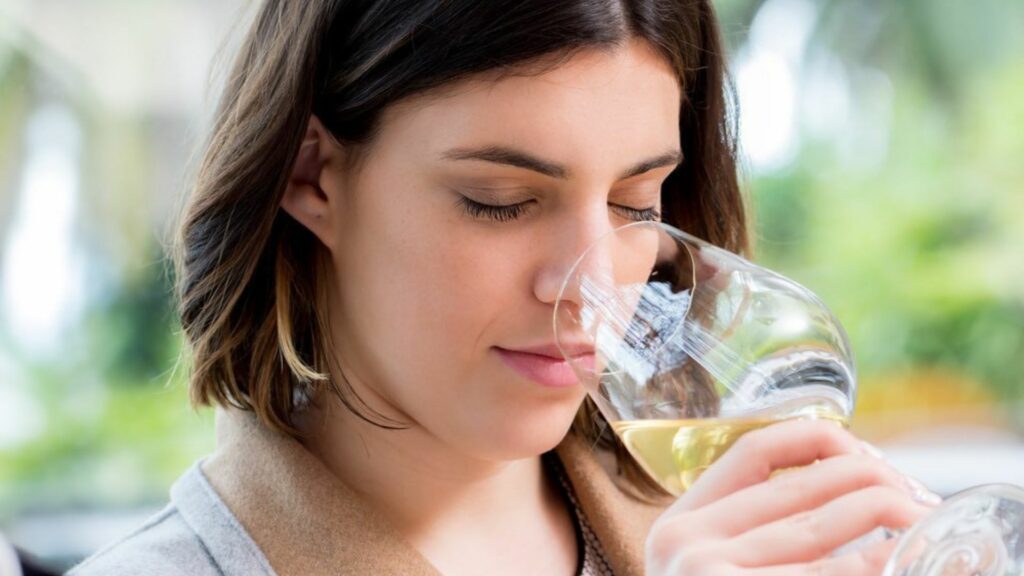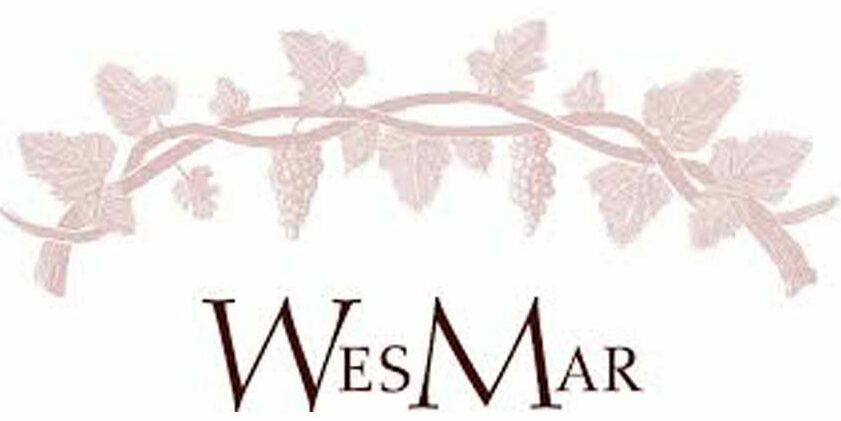Wine tasting is a delightful experience that can be enjoyed from the comfort of your own home. Mastering wine tasting at home allows you to explore different wine varieties, develop your palate, and host enjoyable gatherings with friends and family. Whether you’re a wine enthusiast or a beginner, these top tips will help you elevate your wine-tasting skills and create a memorable at-home experience. Let’s explore more!

Setting the Stage for Wine Tasting
1. Choosing the Right Wines
To begin with, when starting your wine-tasting journey, it’s essential to select a variety of wines to compare and contrast. Choose different types, such as red, white, sparkling, and also rosé, to experience a broad spectrum of flavors and aromas. Opt for wines from different regions and also grape varieties to enhance your tasting experience.
2. Proper Glassware
Using the right glassware can significantly impact your wine tasting experience. Invest in a set of wine glasses designed for different types of wine. For instance, use a large bowl glass for red wines to allow more air exposure, and also a smaller bowl glass for white wines to maintain their cooler temperature. Moreover, sparkling wines are best enjoyed in flute glasses to preserve their bubbles.
3. Ideal Tasting Environment
Create a comfortable and distraction-free environment for wine tasting. Ensure good lighting to observe the wine’s color and clarity. Avoid strong scents like candles or perfumes, which can interfere with the wine’s aroma. A quiet and also relaxed setting will help you focus on the sensory aspects of wine tasting.
Tasting Techniques
4. Look
Begin by observing the wine’s appearance. Hold the glass against a white background to examine its color, clarity, and intensity. Furthermore, the color can give you hints about the wine’s age and also grape variety. For example, a deep red color might indicate a young red wine, while a golden hue suggests an aged white wine.
5. Smell
Swirl the wine in the glass to release its aromas. Take a gentle sniff and try to identify different scents. Common aromas include fruity, floral, herbal, and earthy notes. Moreover, the smell can provide valuable information about the wine’s flavor profile and complexity.
6. Taste
Take a small sip and let the wine linger in your mouth. Pay attention to the initial taste, the development of flavors, and the finish. Note the wine’s sweetness, acidity, tannins, and body. Try to identify specific flavors like berries, citrus, spices, or oak. Swallow the wine and also observe how long the flavors last.
7. Spit or Swallow
During a wine-tasting session, it’s perfectly acceptable to spit out the wine, especially if you’re tasting multiple wines. This helps you stay focused and also prevents intoxication. If you choose to swallow, take small sips and drink water between tastings to cleanse your palate.
Developing Your Palate
8. Keep a Tasting Journal
Documenting your wine tasting experiences is a great way to develop your palate. Keep a tasting journal where you note the wine’s name, vintage, region, appearance, aroma, taste, and overall impression. Over time, you’ll start recognizing patterns and preferences.
9. Expand Your Wine Knowledge
Educate yourself about different wine regions, grape varieties, and winemaking techniques. Read books, watch documentaries, and also take online courses to deepen your understanding of wine. Knowledge enhances appreciation and also allows you to make informed choices when selecting wines.
10. Taste Regularly
Regular practice is key to mastering wine tasting. Try to taste a new wine each week and revisit your favorites to notice how your perceptions evolve. Also, join wine clubs or attend virtual tastings to explore a wider range of wines and receive expert guidance.
Hosting a Wine Tasting Party
11. Invite Friends and Family
Wine tasting is more enjoyable when shared with others. Invite friends and family to join you for a wine tasting party. Each person can bring a different bottle, adding variety to the experience. Share your observations and also discuss your impressions to learn from each other.
12. Create a Tasting Menu
Complement your wine tasting with a thoughtfully curated menu of snacks and small bites. Choose foods that enhance the wine’s flavors, such as cheese, charcuterie, nuts, fruits, and bread. Also, avoid strong-flavored foods that might overpower the wine.
13. Themed Tastings
Organize themed wine tasting events to make the experience more engaging. Moreover, themes can include wines from a specific country or region, wines of a particular grape variety, or wines paired with seasonal foods. Themed tastings add an educational and also fun element to your gatherings.
Conclusion
In conclusion, mastering wine tasting at home is a rewarding and enjoyable hobby. By selecting the right wines, using proper glassware, and also creating an ideal tasting environment, you can enhance your appreciation of wine. Practice the essential tasting techniques, develop your palate, and also share the experience with friends and family. With these tips, you’ll be well on your way to becoming a wine connoisseur from the comfort of your own home. Cheers to your wine tasting journey!

